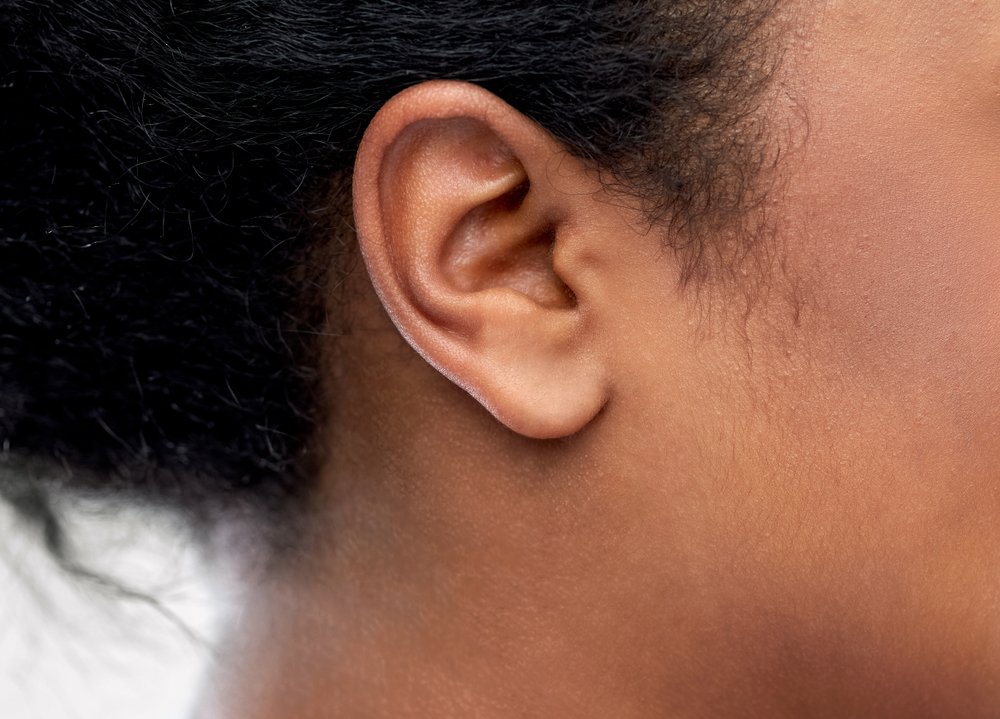Fatigue can have a wide variety of causes, ranging from a simple sleepless night to respiratory conditions such as sleep apnea. But many people are surprised to learn that chronic fatigue and exhaustion can also be caused by something relatively common: hearing loss.
In part, that’s because hearing loss can be a slow moving, subtle condition. You may not immediately recognize the symptoms and, as a result, you may feel as though you are constantly tired for no reason. This can be a frustrating experience. Additionally, this exhaustion can often lead to irritability and, eventually, social isolation. The good news is that treating your hearing loss will often improve your energy levels, mitigating fatigue and exhaustion.
Hearing Loss Moves Slowly (and Your Brain Compensates)
For most people, hearing loss is a very slow-moving condition that grows worse over time. You may not even realize that you have a hearing impairment at first. Even common symptoms, like turning up the volume on your TV and smartphone, can be easy to miss if you aren’t looking for them.
One of the harder to miss symptoms of hearing loss is often fatigue. You may feel tired no matter how much rest you got the night before. Unfortunately, many people don’t intuitively connect this symptom with hearing loss.
That’s because the cause takes place in your brain. When your ears aren’t receiving as much information, your brain works harder to make sense of it all. This constant extra work is taxing in the same way that long periods of concentration can take a toll. Left untreated, this fatigue can grow worse over time, impacting your quality of life and your ability to perform daily routine tasks.
The Role of Stigma
So why don’t more people just go see a hearing specialist when they start feeling tired? There are many explanations: often people are busy or thinking about other things. But there’s another reason that may ultimately be more damaging: stigma. There’s a feeling that hearing loss is bad or ruins your life or that there’s nothing you can do about it. All of these things are false, and they prevent many people from seeking treatment.
However, as more people are open about their hearing loss experience, the stigma has begun to fade. Many people understand that hearing loss is not some kind of social failing, and the very small nature of modern hearing aids makes them easy to hide around folks who unfortunately will not let go of this stigma.
It’s a shame that this social stigma can make it harder for people to find the care they need, because this often results in hearing loss that grows worse over time when it may not have to.
Solutions for Hearing Loss-Related Fatigue
The earliest stages of hearing loss may not have any noticeable symptoms. That makes it challenging to effectively take a reactive approach, and it’s why many hearing specialists prefer preventative techniques. For example, scheduling regular screenings with a hearing specialist before you notice symptoms can help create a baseline of what your healthy hearing looks like. Once this baseline is established, early intervention is often much more effective.
If your hearing loss is leading to fatigue, there are some steps you can take to minimize that exhaustion as much as possible. Some of the easiest and most common steps include the following:
- If you have hearing aids, wear them as often as possible: Hearing aids are often designed to help you focus on the sounds of human speech–meaning conversation will be significantly easier to understand when you are hearing them. This means your brain won’t have to work as hard and you will not experience the same level of fatigue.
- Try to have conversations in quieter areas: Sorting out voices from background noise can be challenging when you have hearing loss (often whether you’re using hearing aids or not). Moving conversations to an area with less background noise can make it easier for your brain to focus on the voice you’re trying to hear, minimizing fatigue in the process.
- Take breaks from conversations: Give yourself some quiet time to rest and recharge in between conversations. This can help your brain recover from all the work it’s doing and make everyday communication a little more sustainable.
- See a hearing specialist: It’s important to keep tabs on your hearing health. Seeing a hearing specialist can help you detect hearing loss in early stages, when it’s less of a problem and your brain doesn’t have to work as hard to compensate.
So if you’re experiencing an unusual amount of fatigue and tiredness–with no discernible cause–it may be time to plan a visit to your hearing specialist. Treating hearing loss can help you minimize your exhaustion and boost your energy. Don’t let stigma cause your hearing loss to continue untreated.
[blogcta]



